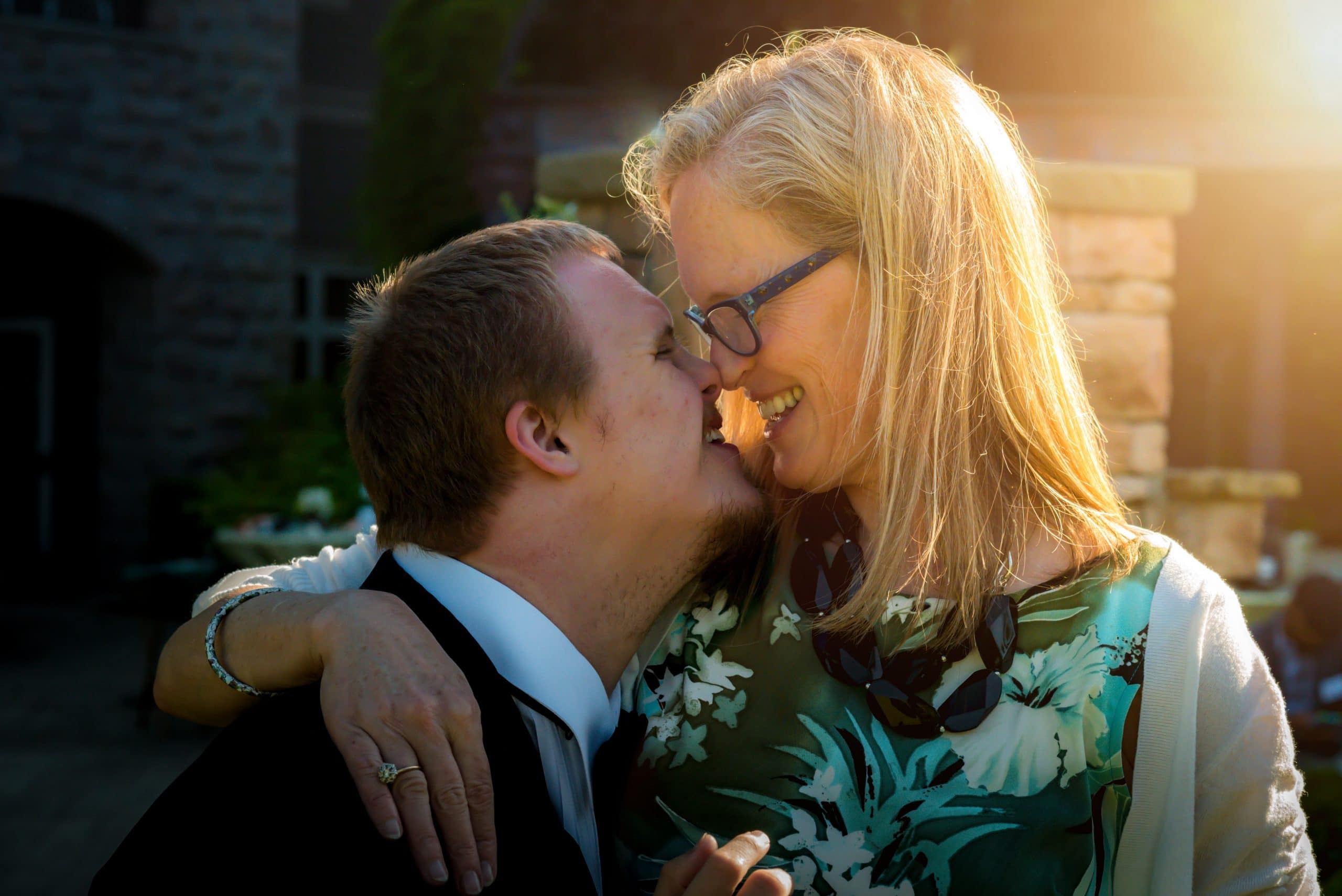
7 Factors to Consider Before Buying an Established Business
Buying an existing business may initially seem like a wise and easy choice for people who want to get into the business world or extend
Table of Contents
ToggleChristine Matus, a skilled probate lawyer, and her team of dedicated probate litigation attorneys are here to help.
To speak with an experienced probate attorney call Matus Law Group (732) 281-0060
At Matus Law Group we understand the complex laws surrounding wills and trusts, probate administration, litigation, and disputes. Check our Blog to get more Information about our working areas and activities.

Buying an existing business may initially seem like a wise and easy choice for people who want to get into the business world or extend

A 1031 exchange is one of the most powerful tax strategies available to real estate investors in New Jersey. Under Section 1031 of the Internal

Handling property ownership in New Jersey often involves more than just a sale. Whether you’re transferring a home to a family member, adding a spouse

Medicaid plays a critical role in helping seniors and individuals with disabilities afford long-term nursing home care. Unlike Medicare, which only covers short-term rehabilitation under

In estate planning, a variety of tools exist to help you transfer your assets to beneficiaries while minimizing tax implications. Among these tools, the Credit

A dynasty trust is a way to protect and grow your wealth so it can benefit not just your children but future generations as well.

When a person passes away, their estate is either distributed according to their will or according to the state’s intestacy law. This process, referred to

Raising a child with special needs comes with joys and challenges that can be unique to your family. Like every parent, you want your child

Challenging a will is possible in New Jersey, but only under specific legal circumstances. If a legal challenge is pursued, it typically starts with a

When planning for the long-term financial security of a loved one with disabilities, most families are familiar with special needs trusts (SNTs). However, there’s another
